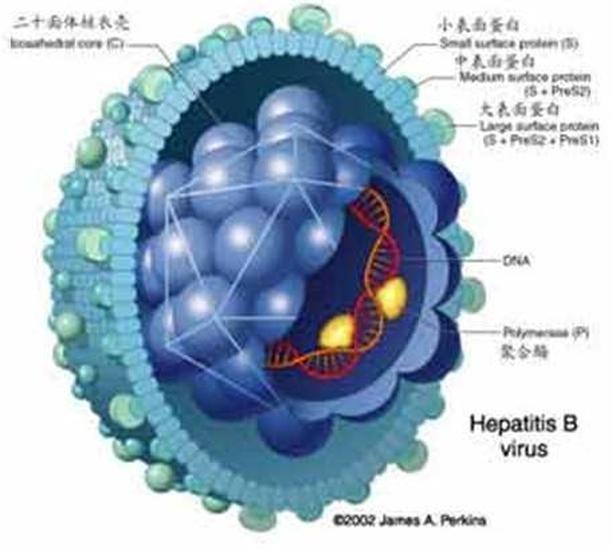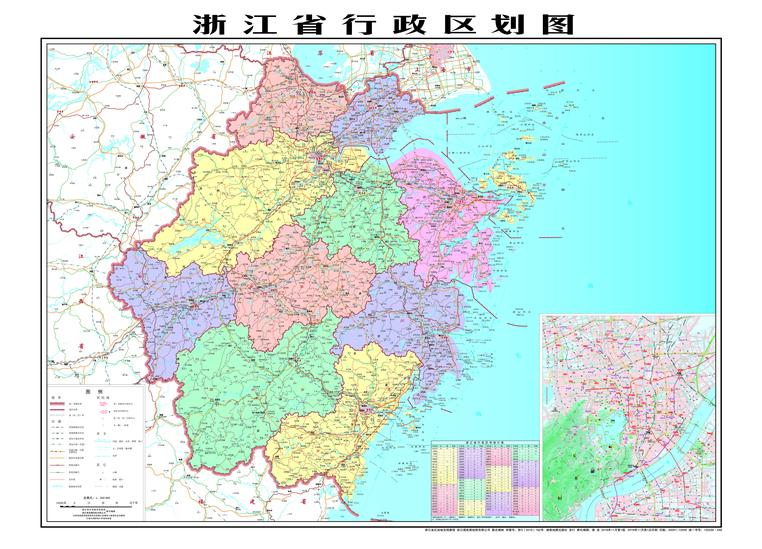外膜蛋白是一类非常独特但又非常重要的蛋白质,他们广泛的存在于原核生物的细胞外膜和真核生物的细胞器外膜中。结构上,它们都具有β-桶状结构,不同的外膜蛋白的β-桶由不同偶数个β-折叠片组成,从8个到22个不等;功能上,它们具有为外膜提供通透性,维持外膜结构稳定的作用。折叠好的外膜蛋白具有极强的稳定性,常温下,在2%的强离子型表面活性剂SDS中,外膜蛋白仍然具有正常的折叠结构;而在此温度下,其他可溶蛋白在0.2%的SDS中就可以迅速失去结构。因此通常将加样前是否对样品进行95C加热去折叠的SDS-PAGE称为denatured SDS-PAGE和semi-native SDS-PAGE,并被用来研究外膜蛋白的折叠状况。 外膜蛋白的研究经历了漫长而又曲折的过程。起初人们并没有意识到外膜蛋白的重要性,虽然有一些关于外膜脂多糖生成障碍与热致死相关的文献报道,但是人们还是把更多的注意力集中到膜间质蛋白的生成上,或者模糊的认为膜间质蛋白的生成就是外膜的生成,或者认为膜间质蛋白的错误折叠是引起细胞在胁迫条件下死亡的主要原因。随着认识的深入,Ried, G.et al.发现与耐热相关的脂多糖实际上帮助了外膜蛋白的正确生成,Mecsas, J.et al.通过遗传筛选证明只有外膜蛋白的过表达才会对细胞产生来自胞外的蛋白质生成压力,激活主要膜间质胁迫信号途径σE通路。进一步的证据表明,膜间质的主要分子伴侣SurA和Skp都参与了外膜蛋白的正常生成,过表达膜间质分子伴侣可以补救脂多糖合成缺陷的表型,挽救外膜蛋白的异常生成。此后,Rizzitello, A.E.et al.和Sklar, J.G.et al.分别发现还发现膜间质的分子伴侣SurA与DegP和Skp存在平行结构的协作关系,surA和skp,surA和degP的双敲除都会表现出致死表型并影响外膜蛋白的正常生成。整个认识过程中最重要的发现出现在2003年,Voulhoux, R.et al.发现,一种特殊的外膜蛋白Omp85,能够捕捉膜间质中的自内膜转运而来的其他外膜蛋白中间体,并引导它们进入外膜,它的敲除株会使外膜蛋白的生成出现严重的障碍并导致细菌的死亡,这一发现使得外膜蛋白生成这一鲜有问津的生物学领域真正引起了学术界的高度重视。这之后,Wu, T.et al.发现Omp85/YaeT/BamA这一因子是通过与YfgL (BamB), NlpB (BamC), YfiO (BamD)和SmpA (BamE)形成巨大的复合物(>230kDa)来发挥作用。最近,Krojer, T.et al.发现膜间质中的另一个与耐热相关的蛋白DegP/HtrA,能够和外膜蛋白形成稳定的复合物DegP12/24-OMP,虽然其形成的机制尚不清楚,但是这一发现仍然说明膜间质中的胁迫更多是由于外膜蛋白的异常生成造成的。 最近我们实验室通过生化和遗传学的方法证明,主要外膜蛋白都存在稳定的折叠中间态,并且这些折叠中间态的存在是革兰氏阴性菌能在胁迫条件下能正常存活的基础条件。耐热相关蛋白DegP/HtrA通过在Skp和SurA下游识别并分选这种折叠中间状态来使细菌抵抗环境胁迫并为其提供致病性。DegP的分子伴侣活性和蛋白酶活性在分选外膜蛋白折叠中间状态的过程中同时发挥着重要的作用,分子伴侣活性负责捕捉和稳定不同折叠状态的外膜蛋白,帮助部分折叠的外膜蛋白插膜,防止错误折叠的外膜蛋白吸附到外膜上;蛋白酶活性对于清除错误折叠的外膜蛋白至关重要。 Burgess, N.K., Dao, T.P., Stanley, A.M., & Fleming, K.G., Beta-barrel proteins that reside in theEscherichia coliouter membrane in vivo demonstrate varied folding behavior in vitro.J. Biol. Chem.283 (39), 26748-26758 (2008).
Kleinschmidt, J.H., Membrane protein folding on the example of outer membrane protein A ofEscherichia coli.Cell Mol. Life Sci.60 (8), 1547-1558 (2003).
Behrens, S., Maier, R., de Cock, H., Schmid, F.X., & Gross, C.A., The SurA periplasmic PPIase lacking its parvulin domains functionsin vivoand has chaperone activity.EMBO J.20 (1-2), 285-294 (2001). Ruiz, N., Kahne, D., & Silhavy, T.J., Advances in understanding bacterial outer-membrane biogenesis.Nat. Rev. Microbiol.4 (1), 57-66 (2006).
Bulieris, P.V., Behrens, S., Holst, O., & Kleinschmidt, J.H., Folding and insertion of the outer membrane protein OmpA is assisted by the chaperone Skp and by lipopolysaccharide.J. Biol. Chem.278 (11), 9092-9099 (2003).
Rouviere, P.E. & Gross, C.A., SurA, a periplasmic protein with peptidyl-prolyl isomerase activity, participates in.the assembly of outer membrane porins.Genes Dev.10, 3170-3182 (1996).
Voulhoux, R., Bos, M.P., Geurtsen, J., Mols, M., & Tommassen, J., Role of a highly conserved bacterial protein in outer membrane protein assembly.Science299 (5604), 262-265 (2003).
Sklar, J.G., Wu, T., Kahne, D., & Silhavy, T.J., Defining the roles of the periplasmic chaperones SurA, Skp, and DegP inEscherichia coli.Genes Dev.21 (19), 2473-2484 (2007).
Raina, S. & Georgopoulos, C., ThehtrM gene, whose product is essential forEscherichia coliviability only at elevated temperatures, is identical to the rfaD gene.Nucleic Acids Res.19 (14), 3811-3819 (1991).
Strauch, K.L., Johnson, K., & Beckwith, J., Characterization ofdegP, a gene required for proteolysis in the cell-envelope and essential for growth ofEscherichia coliat high-temperature.J. Bacteriol.171 (5), 2689-2696 (1989).
Spiess, C., Beil, A., & Ehrmann, M., A temperature-dependent switch from chaperone to protease in a widely conserved heat shock protein.Cell97 (3), 339-347 (1999).
Ried, G., Hindennach, I., & Henning, U., Role of lipopolysaccharide in assembly ofEscherichia coliouter membrane proteins OmpA, OmpC, and OmpF.J. Bacteriol.172 (10), 6048-6053 (1990).
Mecsas, J., Rouviere, P.E., Erickson, J.W., Donohue, T.J., & Gross, C.A., The activity of sigma E, anEscherichia coliheat-inducible sigma-factor, is modulated by expression of outer membrane proteins.Genes Dev.7 (12B), 2618-2628 (1993).
Chen, R. & Henning, U., A periplasmic protein (Skp) ofEscherichia coli selectively binds a class of outer membrane proteins.Mol. Microbiol.19 (6), 1287-1294 (1996).
Missiakas, D., Betton, J.M., & Raina, S., New components of protein folding in extracytoplasmic compartments ofEscherichia coliSurA, FkpA and Skp/OmpH.Mol. Microbiol.21 (4), 871-884 (1996).
Rizzitello, A.E., Harper, J.R., & Silhavy, T.J., Genetic evidence for parallel pathways of chaperone activity in the periplasm ofEscherichia coli.J. Bacteriol.183 (23), 6794-6800 (2001).
Kim, S.et al., Structure and function of an essential component of the outer membrane protein assembly machine.Science317 (5840), 961-964 (2007). Robert, V.et al., Assembly factor Omp85 recognizes its outer membrane protein substrates by a species-specific C-terminal motif.PLoS Biol.4 (11), e377 (2006).
Clantin, B.et al., Structure of the membrane protein FhaC: a member of the Omp85-TpsB transporter superfamily.Science317 (5840), 957-961 (2007).
Tommassen, J., Biochemistry. Getting into and through the outer membrane.Science317 (5840), 903-904 (2007).
Wu, T.et al., Identification of a multicomponent complex required for outer membrane biogenesis inEscherichia coli.Cell121 (2), 235-245 (2005).
Krojer, T.et al., Structural basis for the regulated protease and chaperone function of DegP.Nature453, 885-890 (2008).






